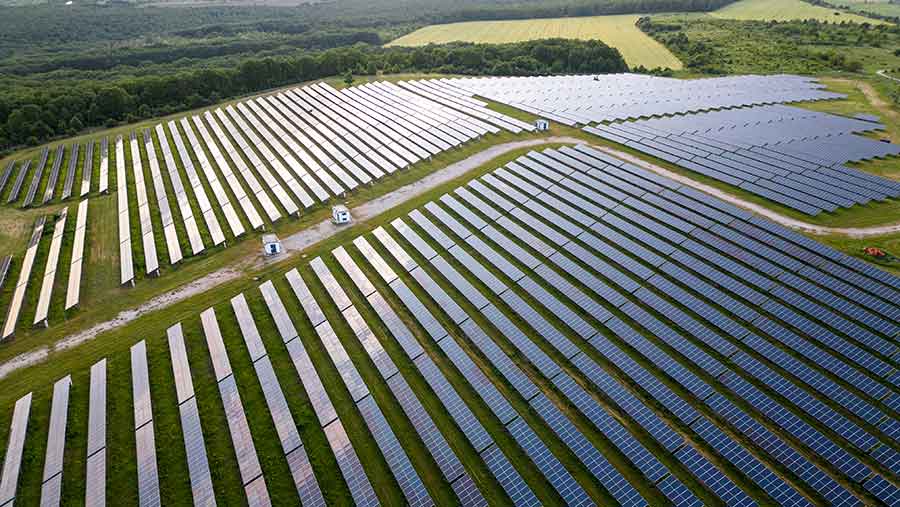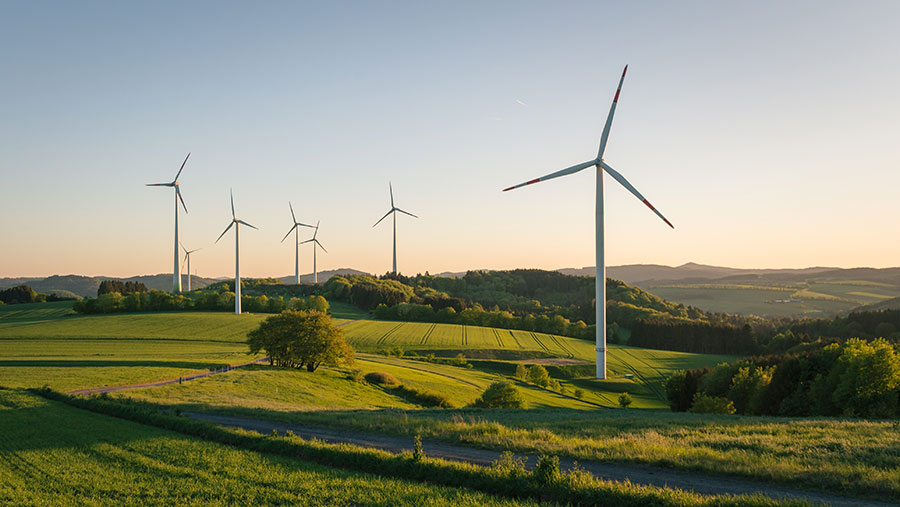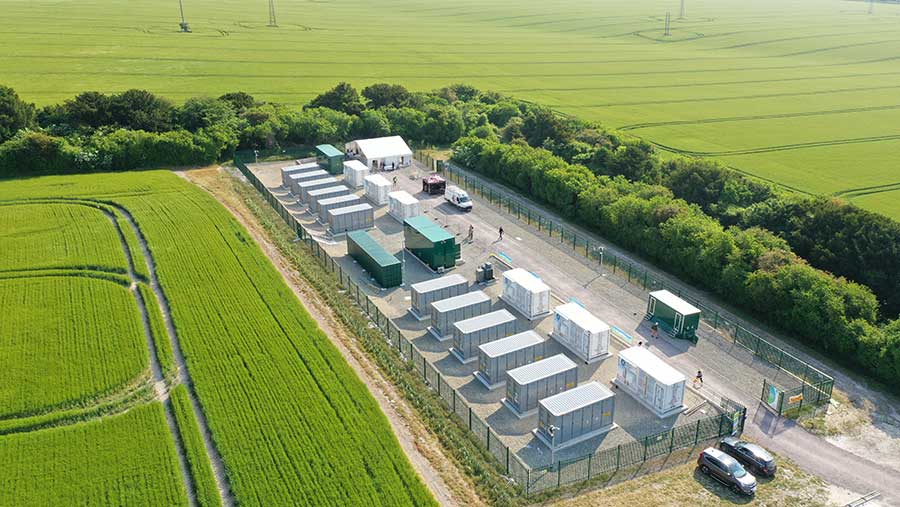Advertiser content
How farmers can thrive in the evolving energy landscape
 © Conrad energy
© Conrad energy In an era marked by climate concerns and renewable energy ambitions, the agricultural sector is at the forefront of innovation and adaptation.
As the world seeks sustainable solutions to meet growing energy demands, the traditional roles of managing land for agriculture or development are expanding to encompass opportunities in the energy sector.
From the adoption of microgrids to contributing surplus energy back to the network, farmers stand poised to benefit from the evolving energy landscape in numerous ways, including increased efficiency, cost savings, and environmental stewardship.
Beyond meeting their own energy needs, landowners can also play a crucial role in supporting the broader energy infrastructure.
Through the generation of surplus energy, whether from solar, wind, or other renewable sources, landowners can contribute excess power to the grid, bolstering overall resilience and stability.

© Conrad energy
Moreover, selling surplus energy directly to neighbouring properties or communities presents an opportunity for landowners to generate additional income while fostering local energy autonomy.
It also avoids the need for a grid connection, something which can be hard to secure in the short-term.
One of the most significant shifts in the recent energy landscape is the widespread adoption of renewable energy sources.
From solar panels adorning barn roofs to wind turbines dotting vast fields, farmers are increasingly turning to clean energy alternatives to power their operations.
Beyond reducing reliance on traditional fossil fuels, renewable energy installations offer a dual advantage: generating additional income through selling excess energy back to the grid while reducing operational costs.
Solar energy, in particular, has emerged as a game-changer for agriculture with opportunities including creating your own microgrid or leasing land to host a solar farm.
Add in the potential to host a fully-funded rooftop installation and it results in long term stability and a secure future for the next generation.
You can even enter into a Power Purchase Agreement to buy back the renewable energy produced by your hosted array at a reduced and secure cost.
In addition to renewable energy generation, the integration of smart technologies holds immense potential for enhancing energy efficiency on farms.
From precision agriculture techniques to IoT-enabled devices, farmers can leverage cutting-edge innovations to optimize energy usage and minimise waste.
Another avenue for farmers to embrace the energy transition lies in biomass and biofuels.
Agricultural residues such as crop waste, manure, and byproducts can be transformed into valuable sources of energy, offering a sustainable alternative to traditional fossil fuels.

© Kevin Milner
Anaerobic digestion, for instance, allows farmers to convert organic materials into biogas, which can be used for heating, electricity generation, or even as a vehicle fuel.
Furthermore, the production of biofuels like biodiesel and ethanol presents an opportunity for farmers to diversify their income streams while contributing to reduced greenhouse gas emissions.
Beyond individual efforts, the future of energy in farming also lies in collaborative initiatives and community engagement.
Farmers can come together to establish cooperative energy projects, pooling resources and expertise to host large-scale renewable energy installations and access lower cost power.
Hosting energy generation capacity empowers rural communities to take charge of their energy future and reduces reliance on an already overloaded national grid.
By actively participating in energy transition initiatives, farmers can position themselves as key stakeholders in shaping the future of sustainable agriculture.
While the transition to renewable energy presents numerous opportunities for farmers, it is not without its challenges. Upfront costs, regulatory hurdles, and technological barriers may deter some from embracing change.
However, with the right support mechanisms in place, obstacles can be overcome. Talking to a reputable developer can unlock previously unthought of solutions such as fully funded solar solutions, enabling you to access cheaper, greener power, in return for hosting a development.
This kind of solution can enable farmers to do their bit for the energy transition and meet the growing need for energy self-sufficiency.
From harnessing the power of renewables to embracing smart technologies and fostering collaborative partnerships, farmers have a myriad of opportunities to not only adapt to the energy transition but also thrive in a sustainable future.
By seizing these opportunities and embracing innovation, farmers can position themselves at the forefront of the evolving energy landscape, driving positive change for generations to come.
Provided by
Conrad Energy is a leading UK energy company, we’re powering the move towards renewables through innovation and technology. We supply energy to the National Grid and to businesses around the UK, offering short and long term contracts which cut both costs and carbon.
